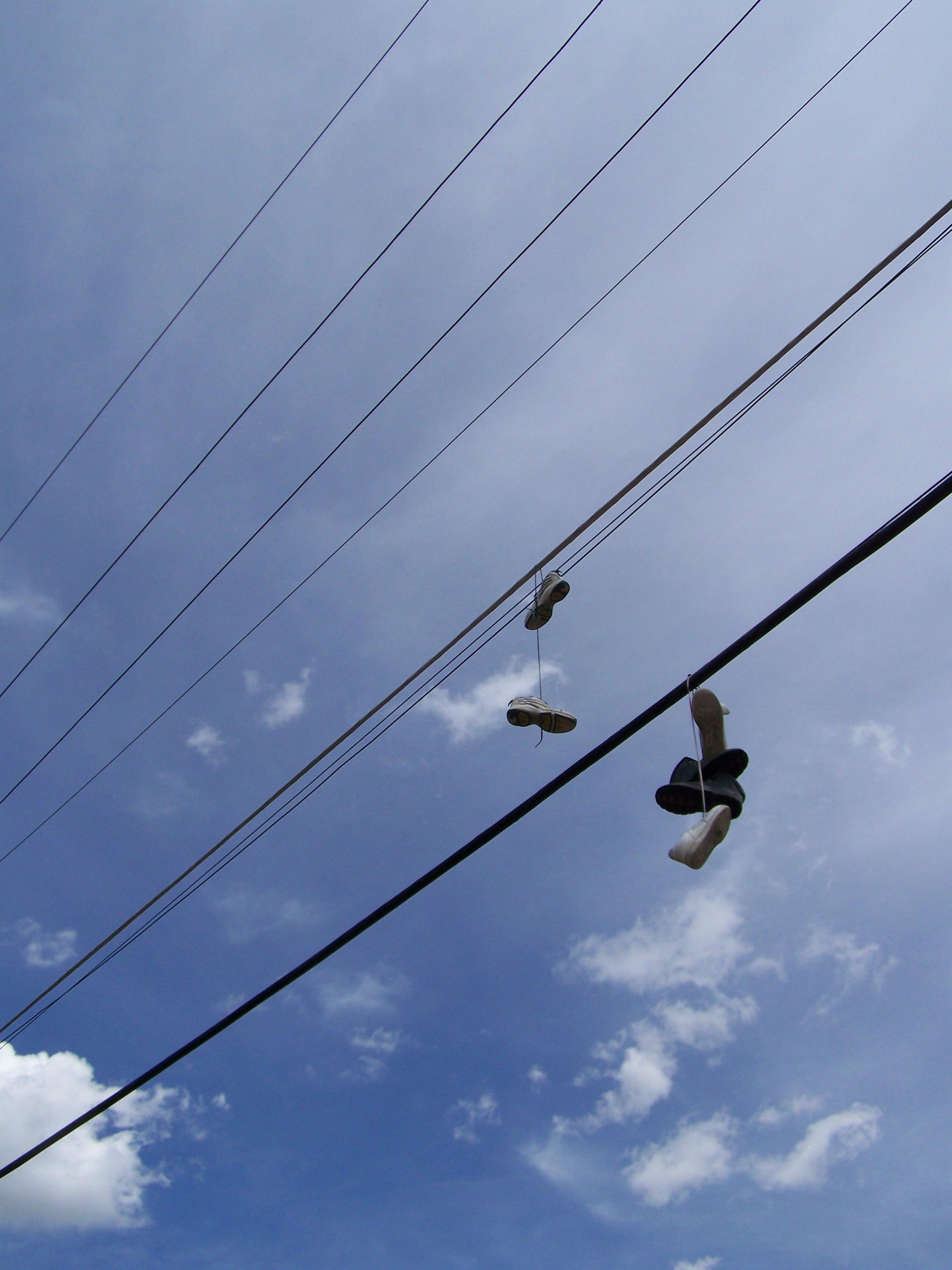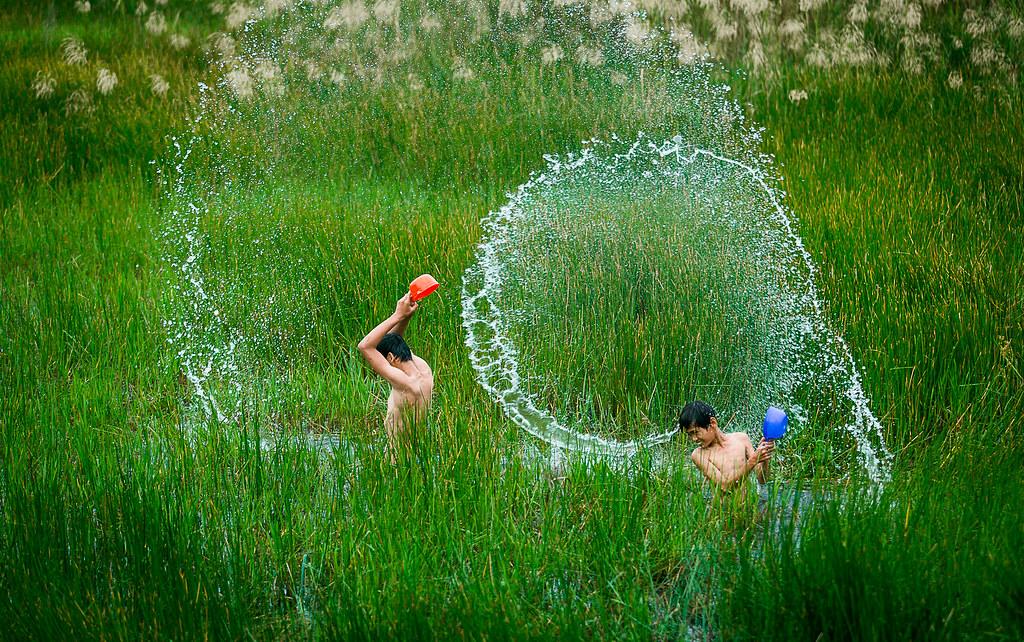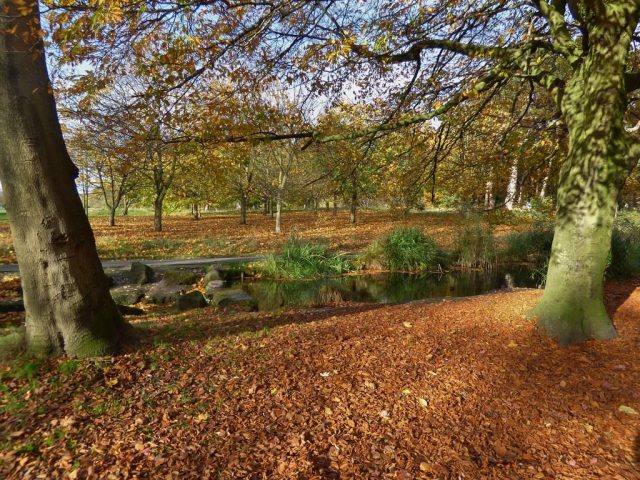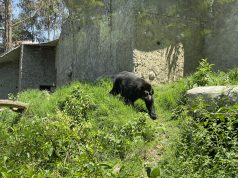In today’s fast-paced, technology-driven world, the sight of children playing freely in the great outdoors is becoming increasingly rare. Yet, the benefits of outdoor play are profound and irreplaceable, offering a vital boost to children’s physical, mental, and emotional well-being. As caregivers, educators, and community members, it is essential to recognize the unparalleled value that nature-based play brings to a child’s development. By fostering environments that encourage outdoor exploration and play, we can help nurture healthier, happier, and more resilient children. In this article, we will explore the multifaceted importance of outdoor play, providing insights and practical advice on how to seamlessly integrate it into the lives of children. Join us as we rediscover the wonders of the natural world and its indispensable role in shaping the health and happiness of the next generation.
Fostering Physical Development through Outdoor Adventures
Children’s engagement with nature can be a powerful catalyst for their physical development. Outdoor adventures are not just fun; they are crucial for building strength, coordination, and overall physical health. By exploring the great outdoors, children naturally engage in activities that promote balance, agility, and endurance. These adventures provide a dynamic environment that encourages them to run, jump, climb, and explore, helping to develop their muscles and motor skills in ways that indoor activities simply cannot match.
- Running and Jumping: Enhances cardiovascular health and builds leg strength.
- Climbing: Improves upper body strength and hand-eye coordination.
- Balancing: Develops core strength and stability.
To illustrate the impact of these activities, consider the following table that highlights some key benefits of various outdoor pursuits:
| Activity | Physical Benefit | Age Group |
|---|---|---|
| Hiking | Improves stamina and leg strength | 6-12 years |
| Tree Climbing | Enhances coordination and confidence | 8-14 years |
| Playing Tag | Boosts speed and agility | 4-10 years |
By encouraging children to partake in these outdoor adventures, parents and caregivers are not only fostering their physical growth but also instilling a love for nature and active living. This holistic approach to development supports a healthy lifestyle that can benefit children well into adulthood.

Nurturing Mental Well-being with Natures Playground
In a world dominated by screens and structured schedules, the simplicity and spontaneity of outdoor play are often overlooked. Yet, nature offers a boundless playground that is essential for nurturing a child’s mental well-being. Immersing children in natural settings can significantly enhance their emotional health, fostering resilience and creativity while reducing stress and anxiety.
- Stress Reduction: Engaging with nature has been shown to lower cortisol levels, the body’s primary stress hormone.
- Enhanced Creativity: Unstructured play in natural environments encourages imaginative thinking and problem-solving skills.
- Improved Mood: Natural light and fresh air are known to boost serotonin levels, leading to a more positive mood.
Consider the following benefits of outdoor play on mental health:
| Benefit | Impact |
|---|---|
| Social Interaction | Builds confidence and communication skills |
| Physical Activity | Improves overall mood and reduces symptoms of anxiety |
| Connection with Nature | Fosters a sense of peace and mindfulness |
By integrating regular outdoor play into a child’s routine, we provide them with a sanctuary for their minds—a place where they can freely explore, connect, and thrive. Let us cherish and protect these natural spaces, ensuring that every child has the opportunity to benefit from the healing powers of nature’s playground.

Building Social Skills and Confidence in Open Spaces
Outdoor play serves as a natural classroom where children not only explore the world around them but also develop vital social skills. In the freedom of open spaces, kids engage in spontaneous interactions, learning how to communicate, share, and collaborate with others. These experiences foster confidence as children navigate social dynamics and build friendships in a less structured environment than a classroom or home setting.
- Communication Skills: Through play, children learn to express themselves and listen to others.
- Teamwork: Group activities teach cooperation and the importance of working together to achieve common goals.
- Problem-Solving: Outdoor challenges encourage children to think critically and develop creative solutions.
Incorporating regular outdoor play into children’s routines can significantly enhance their ability to interact confidently with peers. By participating in diverse outdoor activities, from team sports to imaginative play, children gain a sense of autonomy and self-assurance. This empowerment not only benefits their current social interactions but also lays the groundwork for future relationships.
| Activity | Social Skill Developed |
|---|---|
| Playing Tag | Teamwork & Strategy |
| Building Sandcastles | Cooperation & Creativity |
| Nature Walks | Communication & Observation |

Encouraging Safe and Engaging Outdoor Activities for Every Child
- Variety is Key: Encourage children to explore different types of outdoor activities, from nature walks and scavenger hunts to organized sports and free play. Each activity offers unique benefits, promoting physical fitness, social skills, and creativity.
- Safety First: Always ensure the environment is safe. Check for hazards, provide appropriate gear, and teach children about safety rules. This creates a secure space where they can explore and learn without unnecessary risks.
- Inclusion Matters: Adapt activities to accommodate children of all abilities. This might involve modifying games or providing alternative options that ensure every child feels included and valued.
| Activity | Benefits | Safety Tips |
|---|---|---|
| Nature Walks | Encourages exploration and curiosity | Stay on marked trails |
| Organized Sports | Builds teamwork and discipline | Use appropriate protective gear |
| Free Play | Fosters creativity and independence | Supervise without hovering |
Remember, the goal is to cultivate an environment where children feel free to explore, learn, and grow. By providing a mix of structured and unstructured activities, children can enjoy the physical and mental health benefits of outdoor play while developing lifelong skills. Empower them to discover their interests and abilities in a safe and supportive setting.








































